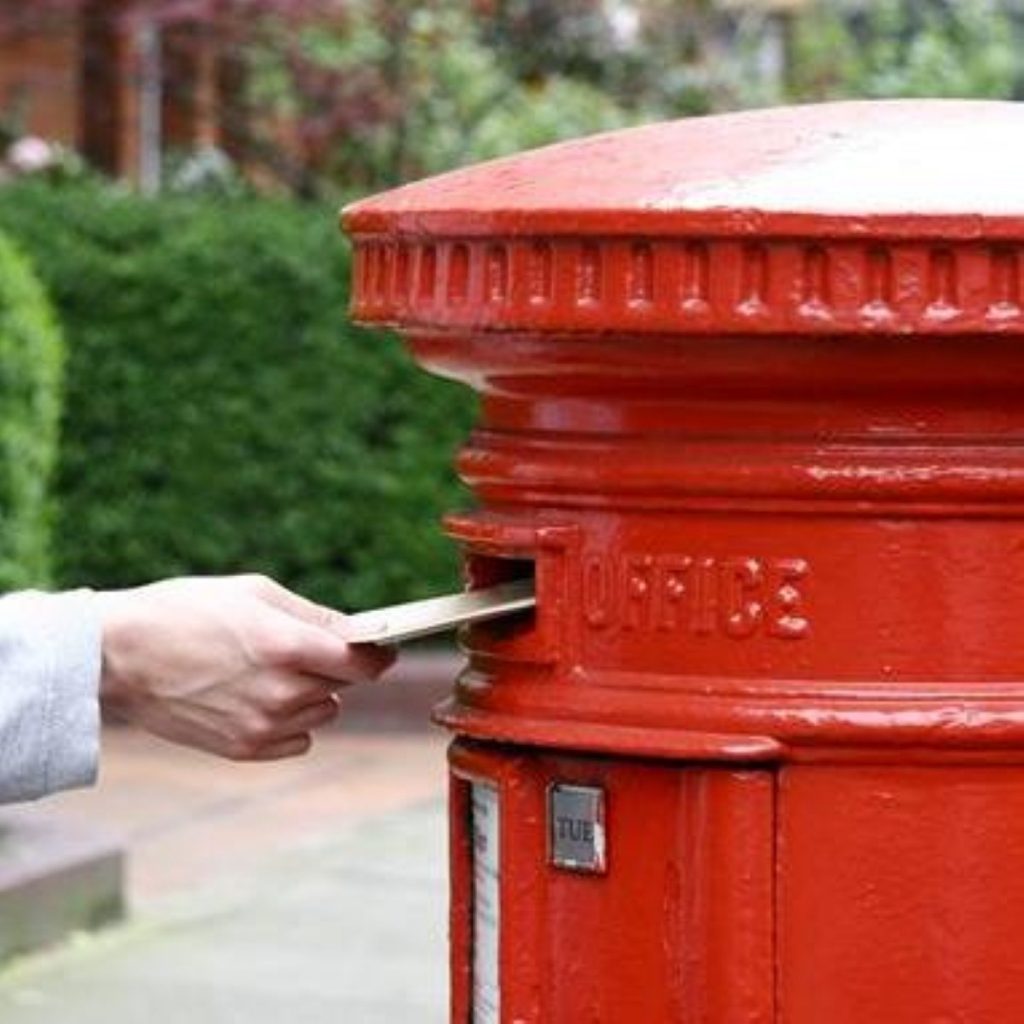Royal Mail shares undersold, bank valuations reveal
Taxpayers are £1 billion worse off as a result of the government's decision to sell-off Royal Mail below City banks' estimates, it has emerged.
A freedom of information request by the Labour party revealed that 15 out of 21 banks which were asked to assess the value of Royal Mail before the sell-off thought it was worth more than the £3.3 billion price the government eventually chose.
The revelation raises more questions about why ministers chose to let go of the company's shares at such a low rate. Earlier this week Royal Mail shares were trading over 77% higher than the price the government sold them for, making it now worth around £5.85 billion.
"David Cameron has serious questions to answer about why his government sold off Royal Mail on the cheap," shadow business secretary Chuka Umunna said.


"We now know that the vast majority of banks that provided valuations to the government expected the company to be worth more than the government sold it for."
Vince Cable's Department for Business, Innovation and Skills had valued Royal Mail at between £2.6 billion and £3.3 billion.
But 20 of the 21 banks it consulted provided a higher-end value of more than £3.3 billion.
The average low-end valuation was £4 billion, while the average high-end valuation was £4.8 billion.
David Cameron, pressed about the issue in prime minister's questions this week, insisted the government had done a "good job to get private sector capital into Royal Mail".
"Frankly, that is something that has evaded governments of all colours and all persuasions for decades," he said.
"I well remember sitting on the opposition benches and hearing about the appalling losses in Royal Mail—tens and hundreds of millions of pounds.
"The fact that it is now well managed, well run and, with private sector capital in, it is a great development for our country."

